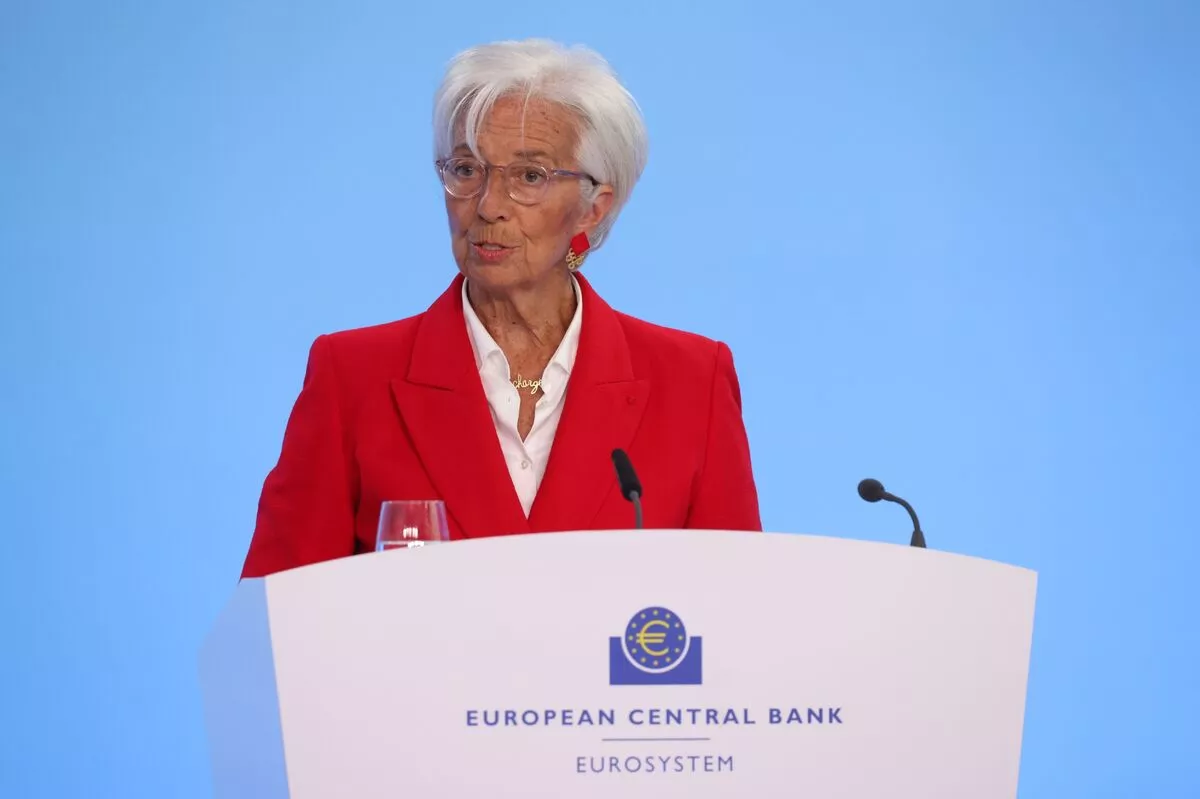Belgian PM defends opposing Ukraine’s access to Russian frozen assets “I’m not a bad boy!” De Wever pushes back
Belgian Prime Minister Bart De Wever has forcefully defended his country’s decision to block a proposed €140 billion European Union loan to Ukraine, arguing that other member states must share both the legal and financial risks before Belgium can agree to the plan.
Speaking after a tense EU summit in Brussels on October 23, De Wever said Belgium — which holds the immobilised Russian sovereign assets that would be used to back the so-called “reparation loan” — already faces significant exposure through a separate €45 billion G7 initiative using profits from Russian assets held by Euroclear, the Brussels-based clearinghouse.
His refusal to endorse the proposal, he explained, stems from fears that Russian President Vladimir Putin could retaliate against Belgium, where the frozen assets are located. As a result, EU leaders agreed to revisit the issue of Ukraine’s financing needs in December, or sooner if an emergency summit is called, as reported by Euractiv.
The loan initiative, backed by Germany, France, the Baltic states, and the European Commission, is viewed by its supporters as a crucial means of providing Kyiv with much-needed financial support without relying on EU taxpayers. Nevertheless, Belgium succeeded in softening the European Council’s conclusions after what De Wever described as “hours” of debate.
“I’m not a bad boy,” De Wever declared, referring to a Politico article that had branded him as such. “We’re the best boys in town. If you talk about immobilised assets, we are the very, very best.”
At an hour-long press conference that extended past midnight, De Wever claimed Belgium’s reputation had been “slandered” by other European leaders who, he said, had accused Brussels of blocking the loan for its own financial benefit.
He revealed that both Ukrainian and US officials had contacted his government over allegations that Belgium was profiting from the immobilised Russian assets.
“We’re getting that feedback from the Ukrainians… [and] from the Treasury of United States, who’s calling us: ‘What about the tax money? You’re war profiteers,’” De Wever said. “This is something they didn’t invent themselves. These are colleagues that are badmouthing us behind our backs. It’s not very nice.”
De Wever’s concerns shared by Europe’s top banker
Reiterating his demand for European “solidarity,” De Wever said his concerns were shared by European Central Bank (ECB) President Christine Lagarde.
The ECB has repeatedly warned that the EU’s proposed mechanism for repurposing the frozen Russian assets could undermine investor confidence and trigger capital flight, as highlighted in another Euractiv piece, posing a potential risk to the eurozone’s financial stability.
According to their article, Lagarde was “deeply frustrated” by the European Commission’s failure to provide any written documentation of its plan ahead of a recent meeting of EU finance ministers in Copenhagen. A person familiar with the discussions said the former International Monetary Fund (IMF) chief complained that she had only received a phone call from Maarten Verwey, director-general of the Commission’s economic and financial affairs division and a key proponent of the scheme.
During a subsequent press conference, a visibly exasperated Lagarde even drew laughter from the audience when she pressed EU Economy Commissioner Valdis Dombrovskis to clarify the proposal.
“It is no seizure, no confiscation from what we understand, but it’s a substitution of the claim on cash to a claim on euro bonds. Is that correct?” she asked.

De Wever said the “most important” condition for Belgium’s approval was that EU member states guarantee Russia could be reimbursed immediately if it were ever to regain legal ownership of the assets — a demand that, he noted, “was not answered with a tsunami of enthusiasm around the table.”
The Belgian leader also called on other member states and Western allies to commit to using Russian assets under their jurisdiction rather than expecting Belgium alone to bear the responsibility.
“Other countries, if you combine their assets, have just the same amount as Belgium. What happens with all that money? Nothing. So I think the finger-pointing needs to stop,” he said.
By Nazrin Sadigova








